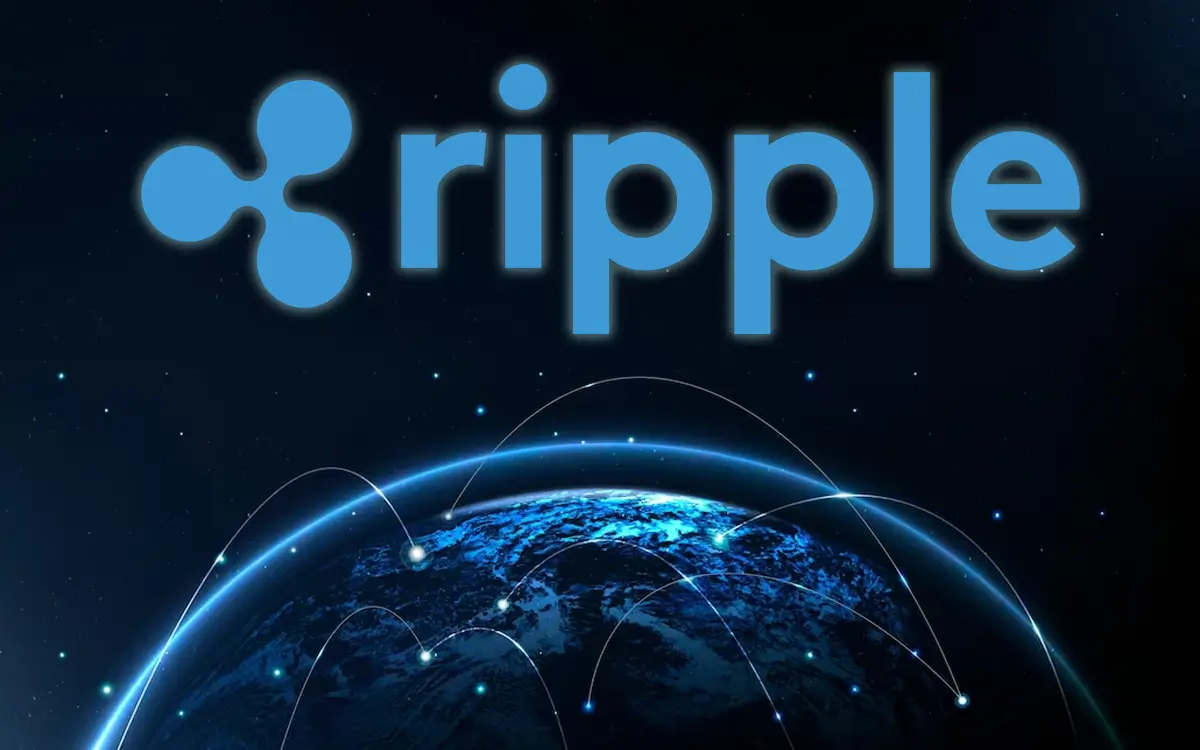Ripple Secures Full Regulatory Approval to Offer Crypto Payments in Dubai
13.03.2025 22:00 1 min. read Alexander Zdravkov
Ripple has officially secured full regulatory approval from the Dubai Financial Services Authority (DFSA), granting it the ability to offer crypto-based cross-border payment services in the UAE.
The company confirmed on March 13 that it had received its DFSA license, enabling operations within the Dubai International Financial Center (DIFC), a special economic zone with independent tax and regulatory policies. This milestone follows an initial approval granted nearly six months earlier, as Ripple worked toward full authorization to expand its digital asset infrastructure in the region.
With the license in place, Ripple can now provide blockchain-powered payment solutions to financial institutions across the UAE, catering to businesses seeking partners to integrate digital assets into real-world financial operations. The company highlighted the region’s growing demand for such services, particularly from both crypto-focused firms and traditional banks.
Ripple CEO Brad Garlinghouse praised the UAE’s proactive stance on technology and digital assets, describing it as an ideal hub for innovation. He emphasized that the industry is entering a period of rapid expansion, fueled by regulatory clarity and increasing institutional interest worldwide.
The approval also marks Ripple as the first blockchain-driven payments provider authorized to operate within the DIFC. DIFC CEO Arif Amiri welcomed the company’s growing presence, noting that the license positions Ripple to capitalize on opportunities in both the UAE and the wider MENA region.
-
1
Chinese Tech Firms Turn to Crypto for Treasury Diversification
26.06.2025 17:00 1 min. read -
2
FTX Halts Recovery Payments in 49 Countries: Here Is the List
04.07.2025 18:00 2 min. read -
3
What Are the Key Trends in European Consumer Payments for 2024?
29.06.2025 8:00 2 min. read -
4
What Brian Armstrong’s New Stats Reveal About Institutional Crypto Growth
29.06.2025 15:00 2 min. read -
5
Donald Trump Signs “One Big Beautiful Bill”: How It Can Reshape the Crypto Market
05.07.2025 9:56 2 min. read
U.S. Public Pension Giant Boosts Palantir and Strategy Holdings in Q2
According to a report by Barron’s, the Ohio Public Employees Retirement System (OPERS) made notable adjustments to its portfolio in Q2 2025, significantly increasing exposure to Palantir and Strategy while cutting back on Lyft.
Key Crypto Events to Watch in the Next Months
As crypto markets gain momentum heading into the second half of 2025, a series of pivotal regulatory and macroeconomic events are poised to shape sentiment, liquidity, and price action across the space.
Here is Why Stablecoins Are Booming, According to Tether CEO
In a recent interview with Bankless, Tether CEO Paolo Ardoino shed light on the growing adoption of stablecoins like USDT, linking their rise to global economic instability and shifting generational dynamics.
U.S. Dollar Comes Onchain as GENIUS Act Ushers in Digital Era
In a statement that marks a major policy shift, U.S. Treasury Secretary Scott Bessent confirmed that blockchain technologies will play a central role in the future of American payments, with the U.S. dollar officially moving “onchain.”
-
1
Chinese Tech Firms Turn to Crypto for Treasury Diversification
26.06.2025 17:00 1 min. read -
2
FTX Halts Recovery Payments in 49 Countries: Here Is the List
04.07.2025 18:00 2 min. read -
3
What Are the Key Trends in European Consumer Payments for 2024?
29.06.2025 8:00 2 min. read -
4
What Brian Armstrong’s New Stats Reveal About Institutional Crypto Growth
29.06.2025 15:00 2 min. read -
5
Donald Trump Signs “One Big Beautiful Bill”: How It Can Reshape the Crypto Market
05.07.2025 9:56 2 min. read


